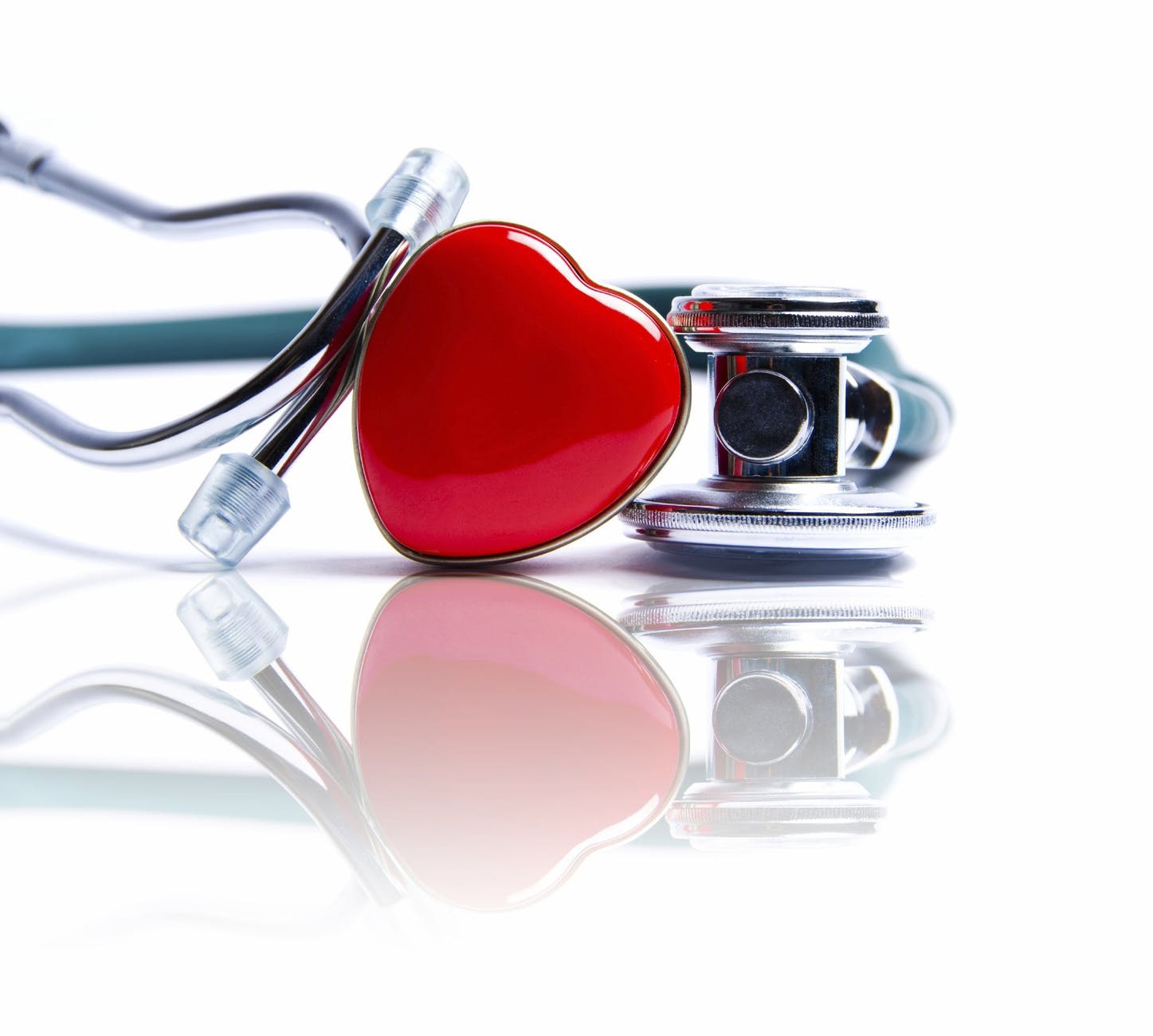The more alcohol you drink, the higher your heart rate gets, according to research presented today at EHRA 2018 Congress, organized by the European Society of Cardiology.
src="//pagead2.googlesyndication.com/pagead/js/adsbygoogle.js">Binge drinking has been linked with atrial fibrillation, a phenomenon called "the holiday heart syndrome." The connection was initially based on small studies and anecdotal evidence from the late 1970s.
The Munich Beer Related Electrocardiogram Workup (MunichBREW) study was conducted by researchers from the LMU University Hospital Munich Department of Cardiology, supported by the German Cardiovascular Research Centre (DZHK) and the European Commission. It was the first assessment of the acute effects of alcohol on electrocardiogram (ECG) readings. The study included more than 3,000 people attending the 2015 Munich Oktoberfest.
ECG readings were taken and breath alcohol concentrations were measured. Age, sex, heart disease, heart medications, and smoking status were recorded. Participants were, on average, 35 years old and 30% were women. The average breath alcohol concentration was 0.85 g/kg. Increasing breath alcohol concentration was significantly associated with sinus tachycardia of more than 100 beats per minute in 25.9% of the cohort.
The current analysis of the MunichBREW study looked in more detail at the quantitative ECG measurements in 3,012 participants. The researchers investigated the association between blood alcohol concentration and four ECG parameters: excitation (heart rate), conduction (PR interval, QRS complex), and repolarisation (QT interval).
Increased heart rate was associated with higher breath alcohol concentration, confirming the initial results of the MunichBREW study. The association was linear, with no threshold. Alcohol consumption had no effect on the other three parameters.
The researchers are currently investigating whether the increase in heart rate with alcohol consumption could lead to heart rhythm disorders in the longer-term.
